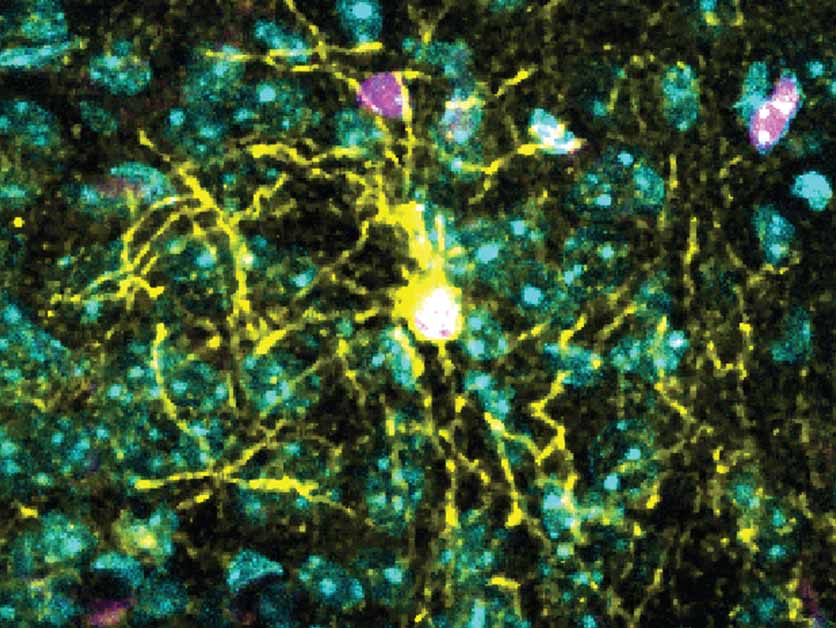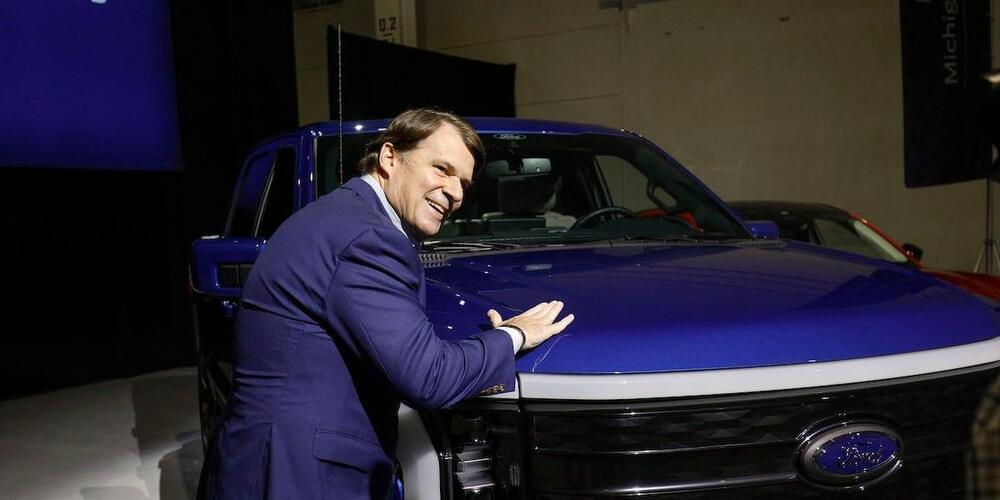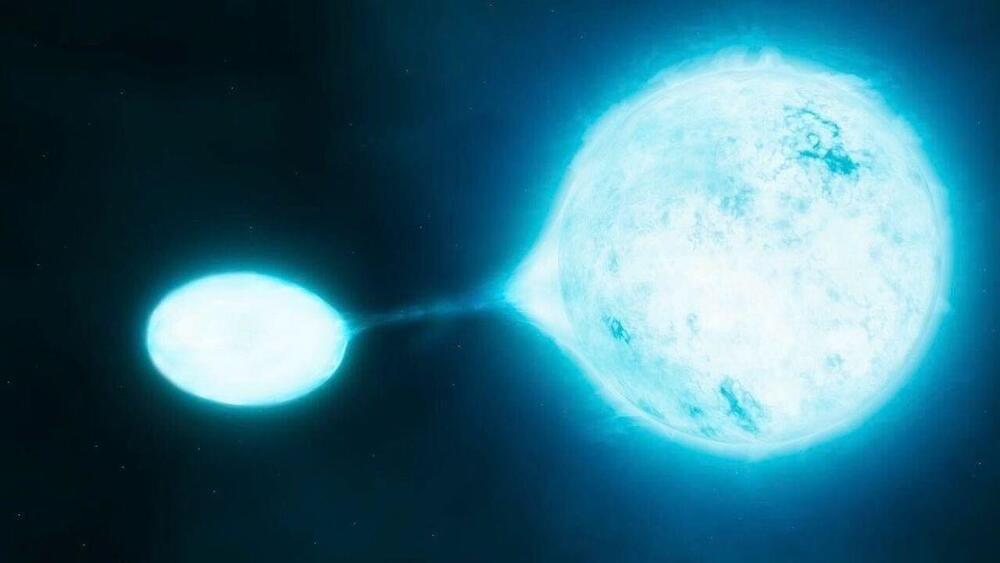Sabine Hossenfelder, Rupert Sheldrake and Bjorn Ekeberg go head to head on consciousness, panpsychism, physics and dard matter.
Watch more fiery contenet at https://iai.tv?utm_source=YouTube&utm_medium=description&utm…e-universe.
“Not only is the universe stranger than we think. It is stranger than we can think.” So argued Niels Bohr, one of the founders of quantum theory. We imagine our theories uncover how things are but, from quantum particles to dark matter, at fundamental levels the closer we get to what we imagine to be reality the stranger and more incomprehensible it appears to become.
Might science, and philosophy one day stretch to meet the universe’s strangeness? Or is the universe not so strange after all? Or should we give up the idea that we can uncover the essential character of the world, and with Bohr conclude that the strangeness of the universe and the quantum world transcend the limits of the human mind?
#DarkMatter #RupertSheldrake #SabineHossenfelder.
Influential scientist Rupert Sheldrake, prominent physicist Sabine Hossenfelder and esteemed philosopher Bjørn Ekeberg get to grips with whether the universe is stranger than we can imagine. Johnjoe McFadden hosts.





